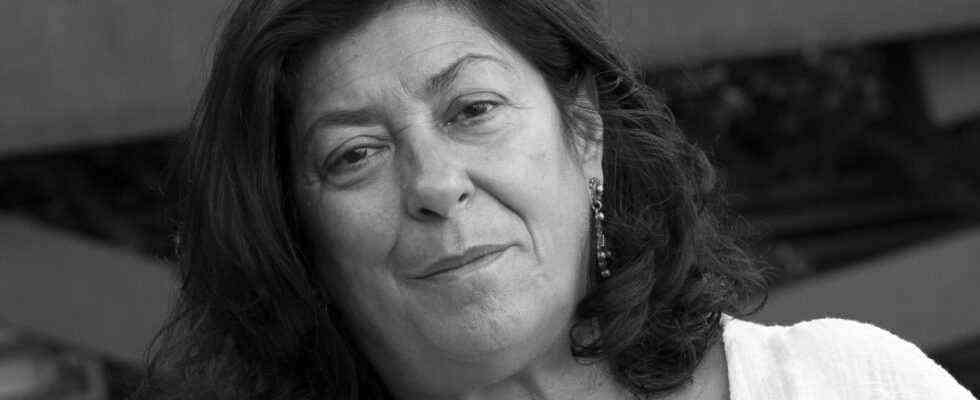Almudena Grandes wrote in her column for seven weeks ago that she has had to write a number of complicated texts in her life El País. “But none like this.” It was in this text that the Spanish author wrote about her cancer diagnosis for the first time. For a year she was fighting cancer, “a disease like any other, (…) no curse, no shame, no punishment”. Almudena Grandes was not prone to superstition or self-pity.
As a child, she once said, she discovered the comforting power of literature. She was never allowed to play an angel in a nativity play, but mostly a tree because she was “very tall, thick and hairy”. Other children might have been sad about it, she said, but she went home to her books and discovered her superpower there.
As a writer – her debut “Lulú. The Story of a Woman” appeared in Spain in 1989 – she used this superpower. Her social novels reflect the course of time in the fate of ordinary people. In Spain, her books are popular with the public. And that despite the fact that Grandes was convinced that he was saying things that nobody wants to hear.
She was a political writer, but she did not see literature as a mouthpiece for her convictions
In her novels she repeatedly disturbed the Spanish past, a past that is actually condemned to be forgotten. This is how the fathers of today’s democracy wanted it: After Franco’s death, a blanket of silence was laid over the crimes of the regime for the sake of peace. Grandes worked against the silence.
She was a political writer, but she did not see literature as a mouthpiece for her feminist beliefs or her sympathy for Spain’s communists. Rather, it was the other way around: literature had taught them to see the marginalized. Your most important role model was Spain’s great realist Benito Pérez Galdós. With him, as Grandes described it in a speech to the Royal Spanish Academy, Queen Isabel II appears only as the crackling of her silk skirt in the hallway of the castle. As with Galdós, with Grandes the protagonists are not the powerful, but those who feel this power.
It was also Galdós who inspired her last major work: for more than ten years she has been writing the “Episodes of an Endless War”, a cycle about the resistance against Franquism. Five volumes have already been published, and she was working on the last one during the months of cancer treatment. You write consciously from the perspective of those who said “no” to the regime, said Grandes, because today’s Spain lacks this perspective. The more she read about this era, the more she realized that she knew too little about it. “And then, above all, I wanted to know why I thought I knew everything, even though I didn’t know anything.”
Someone who reads books, watches films or goes to concerts lives more, Grandes once said. No more years, but more experience. Her own life was infinite more. In her column she wrote: “I apologize in advance for my silence and my future absence.” It will be hard to forgive her. Almudena Grandes died on Saturday at the age of 61 in Madrid.

